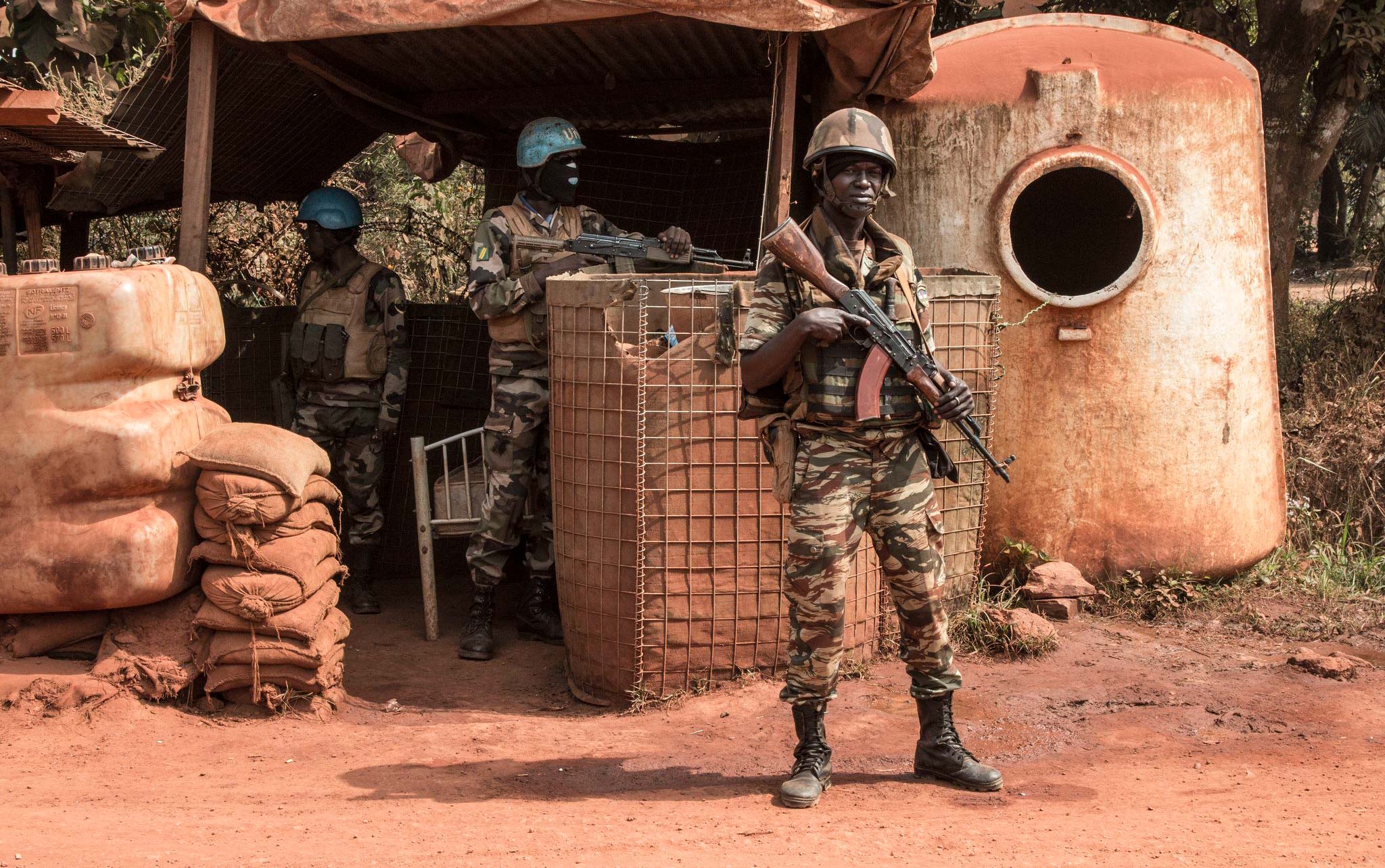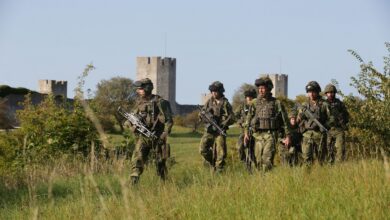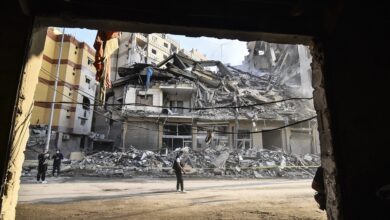Fourteen Killed at Religious Site in C. Africa: Amnesty
The incident took place in central Bambari town on February 16, the rights group said.
Fourteen people, including at least two civilians, were killed inside a “religious site” as government and rebel forces fought for control of a Central African Republic (CAR) town, rights group Amnesty International said Thursday.
The organization said the incident took place in central Bambari town on February 16, the day before government troops recaptured it from rebels.
In mid-December, just over a week before presidential and legislative elections, six rebel groups united to launch an offensive against CAR President Faustin Archange Touadera with the government and its allies on the counter-offensive since January.
“Testimonies, satellite imagery, and photographic analysis” confirmed the killings, Amnesty International said in a statement, adding that the evidence could be “geolocated to a religious site in the east of Bambari.”
Video evidence showed as many as 14 bodies, some not wearing military clothes, and including a woman and a child, the group said.
“We can’t be certain that all the victims were civilians, but we are sure about the woman and child,” Abdoulaye Diarra, the organization’s Central Africa researcher, told AFP.
The footage showed the building had been damaged by explosives and bullets, with the wounds on at least three of the bodies also consistent with such an attack, Amnesty said.
CAR’s government said it had “completely liberated” Bambari on February 17 and captured “numerous prisoners,” but it has not provided any details on civilian or military casualties.
A Medecins Sans Frontieres (MSF) supported medical center in Bambari was hit by bullets and explosives during the attack and left “severely damaged”, the NGO said.
MSF staff helped treat a total of 36 “war-wounded” patients, including eight women and nine children, it added.
Amnesty International called for an independent investigation into the documented violations and abuses.
Violence remains endemic in a country where two-thirds of the territory is controlled by militia groups.
Thousands of people have died in the country since 2013 and more than a quarter of the population of 4.9 million have fled the violence, with 675,000 now refugees in neighboring nations.












